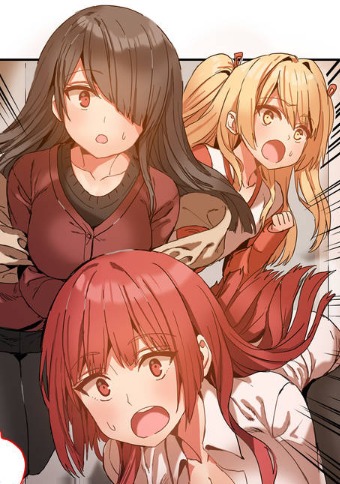yakuza bias. In Japan yakuza (雑魚) generally refers to a group of organized criminals that operate primarily in the Japanese mafia genre. However, there is also a much more general use of the word “yakuza” which refers to any shady or unprofessional businessperson. Even if you’re not familiar with the yakuza specifically you’ve likely come across their influence at some point in your life. For example, it’s likely that you’ve been charged for something you didn’t do because the person who hired you was associated with a yakuza group. This blog post discusses the realities of the yakuza and how they wield their power in our society. We take a look at their history and current operations to illustrate just how pervasive they truly are.
Outline for yakuza bias
-
yakuza bias
-
What is a yakuza?
-
The history of the yakuza
-
How the yakuza operate
-
The crime syndicates’ links to politics and business
-
The rise of the yakuza in Asia
-
Conclusion
What is a yakuza?
A yakuza is a Japanese organized crime syndicate typically characterized by its use of violence and intimidation to control illegal activities within their respective territories. They are usually divided into three main factions: the Yamaguchi the Sumiyas and the Inukai-gumi. The yakuza originated in the 18th century as protection rackets for Kabuki actors and geisha girls in Edo (now Tokyo). Over time they evolved into a highly organized criminal empire responsible for large-scale drug trafficking gambling operations extortion and contract killings.
The history of the yakuza
Over time the yakuza evolved into a powerful criminal organization with extensive influence in Japanese society.
In recent years they have become more involved in illegal drug trafficking and prostitution.
How the yakuza operate
The yakuza also engages in humanitarian work such as helping disaster victims or sponsoring sports teams.
The crime syndicates’ links to politics and business
There is no doubt that the yakuza have had a significant impact on Japanese society and politics. This has created a complex web of relationships between the yakuza businesspeople politicians and bureaucrats.
One of the most concerning aspects of the yakuza’s relationship with politics and business is their role in creating corruption.
The yakuza also has a history of violence and extortion against businesses and others within Japanese society. This activity not only harms innocent people but also weakens the economy by causing businesses to shut down or move away from areas where extortion is commonplace. Thus the mafia not only affects Japanese citizens directly through its criminal activities but also negatively impacts society as a whole through its harmful effects on economic growth and stability.
The rise of the yakuza in Asia
While some experts attribute the yakuza’s growing power to economic factors such as globalization demographic changes and rising levels of criminality others argue that the syndicates are simply re-tooling old traditions in order to stay afloat. Whatever the case may be one thing is for certain: the yakuza are a powerful force on the Asian continent and will continue to grow in influence.
Conclusion
What are the yakuza? They are Japan’s version of the mafia – powerful and feared. But what is it that makes them so different from other organized crime groups around the world? We also introduce you to two contemporary yakuza members who offer unique insights into their group and its workings.



